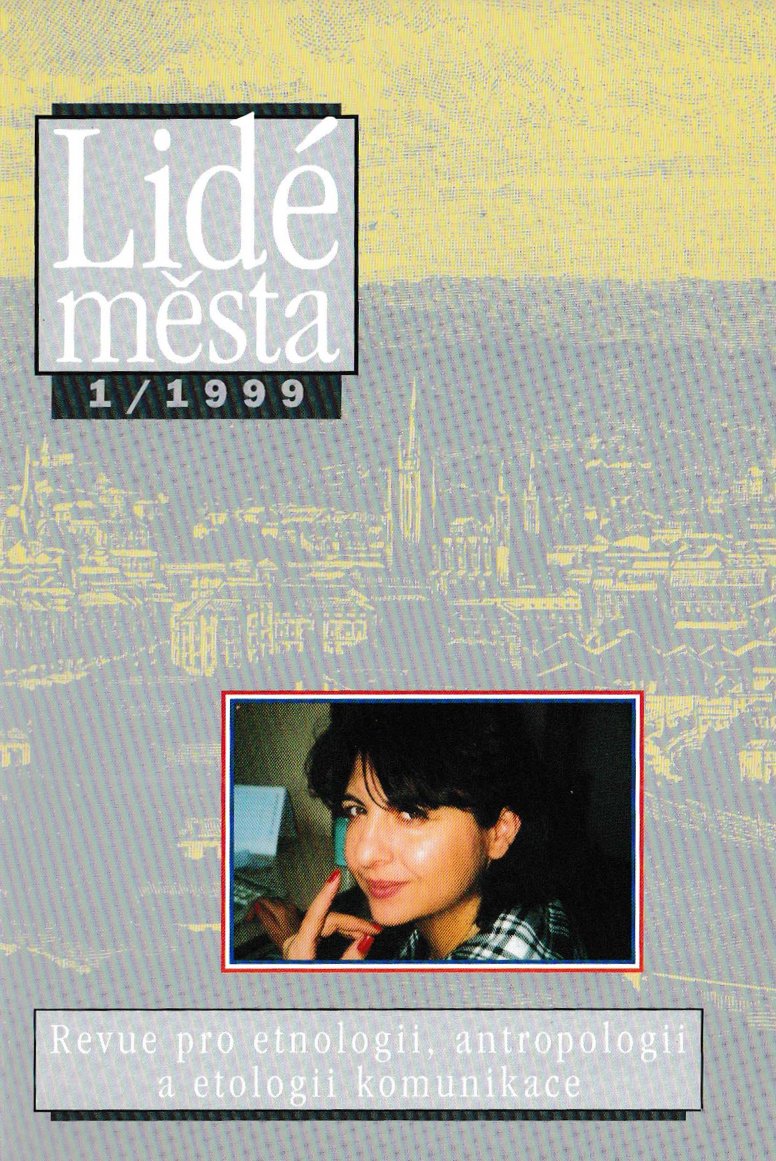Austro-Hungarien Empire, Austria, Germans and Germany in Peroutka´s Přítomnost I.
Czechoslovak Democracy and Ethnic Stereotypes
DOI:
https://doi.org/10.14712/12128112.3965Abstract
Editor-in-chief Ferdinand Peroutka´s independent weekly Přítomnost is rightly considered at present on of the signs of Czechoslovak inter-war democracy. This article analyses Přítomnost from the viewpoint of the relation of this democracy to the old and new Austria, Czech Germans, relation to the crucial neighbouring state - Germany - and "Reichsdeutsche" (Germans from Germany) at the time of consolidation of political and economic situation (1924-1929) and after the first repercussions of global economic recession on domestic situation (after 1929). The text stresses Peroutka's functional cultivation of contemporary national and civic principles, the contemporary social discussion as the substance of democracy in Masaryk's spirlt as well as European horizons of Peroutka's thought which made it possible for hlm to understand historical continuity of the old continent. Peroutka's weekly developed lhe journalistic profession of mediating information. It created condltlons for self-examination of the Czech nation which assumed responsibility for the new stale, Czechoslovakia. Peroutka was critical of the young country as critical approach is always a sign of natural existence oť object of one's interest. According to Peroutka, real being implied respect for others' views, to open oneself deliberately to inter-ethnic dialogue, to try to draw lessons from shortcomings and losses, but also from the achievements of others. Peroutka's Přítomnost was certainly nationalist. Peroutka, who was thinking realistically, refused to deny national principle at the time when conflicting interests, arising from national ground, really existed. Peroutka's Přítomnost and its ethnic-images reflected calm maturity of the inter-war national elite or maturity based on nationally-motivated effort to discuss with others and at the same time critically re-examine oneself. The article does not criticise Peroutka for his national determination as it is based on the principle that every democracy is born in the time which determines it. Understandably, this, as Peroutka said, faithfulness to the time extended into his ideas about Austria-Hungarian Empire, Austria, Germany, Czech Germans and those living in Germany. As a rule, it was not at the detriment of a sharp examination, often corresponding with findings of present-day historiography.
Downloads
Published
How to Cite
Issue
Section
License

This work is licensed under a Creative Commons Attribution-NonCommercial-NoDerivatives 4.0 International License.


